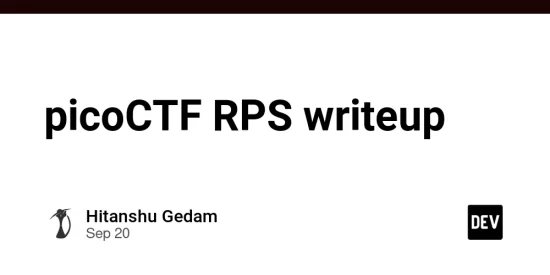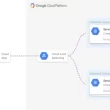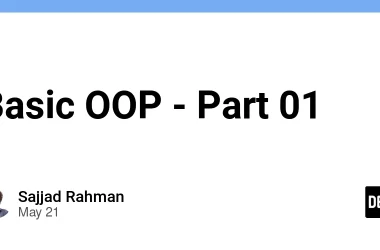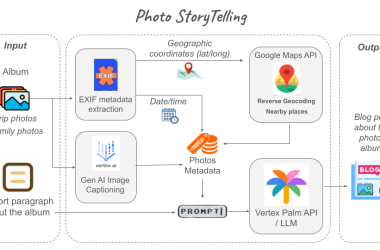We are given a Rock-Paper-Scissors game. I used wget to download the source file onto the webshell. I read the C source code.
#include
#include
#include
#include
#include
#include
#include
#include
#define WAIT 60
static const char* flag = "[REDACTED]";
char* hands[3] = {"rock", "paper", "scissors"};
char* loses[3] = {"paper", "scissors", "rock"};
int wins = 0;
int tgetinput(char *input, unsigned int l)
{
fd_set input_set;
struct timeval timeout;
int ready_for_reading = 0;
int read_bytes = 0;
if( l <= 0 )
{
printf("'l' for tgetinput must be greater than 0n");
return -2;
}
/* Empty the FD Set */
FD_ZERO(&input_set );
/* Listen to the input descriptor */
FD_SET(STDIN_FILENO, &input_set);
/* Waiting for some seconds */
timeout.tv_sec = WAIT; // WAIT seconds
timeout.tv_usec = 0; // 0 milliseconds
/* Listening for input stream for any activity */
ready_for_reading = select(1, &input_set, NULL, NULL, &timeout);
/* Here, first parameter is number of FDs in the set,
* second is our FD set for reading,
* third is the FD set in which any write activity needs to updated,
* which is not required in this case.
* Fourth is timeout
*/
if (ready_for_reading == -1) {
/* Some error has occured in input */
printf("Unable to read your inputn");
return -1;
}
if (ready_for_reading) {
read_bytes = read(0, input, l-1);
if(input[read_bytes-1]=='n'){
--read_bytes;
input[read_bytes]='�';
}
if(read_bytes==0){
printf("No data given.n");
return -4;
} else {
return 0;
}
} else {
printf("Timed out waiting for user input. Press Ctrl-C to disconnectn");
return -3;
}
return 0;
}
bool play () {
char player_turn[100];
srand(time(0));
int r;
printf("Please make your selection (rock/paper/scissors):n");
r = tgetinput(player_turn, 100);
// Timeout on user input
if(r == -3)
{
printf("Goodbye!n");
exit(0);
}
int computer_turn = rand() % 3;
printf("You played: %sn", player_turn);
printf("The computer played: %sn", hands[computer_turn]);
if (strstr(player_turn, loses[computer_turn])) {
puts("You win! Play again?");
return true;
} else {
puts("Seems like you didn't win this time. Play again?");
return false;
}
}
int main () {
char input[3] = {'�'};
int command;
int r;
puts("Welcome challenger to the game of Rock, Paper, Scissors");
puts("For anyone that beats me 5 times in a row, I will offer up a flag I found");
puts("Are you ready?");
while (true) {
puts("Type '1' to play a game");
puts("Type '2' to exit the program");
r = tgetinput(input, 3);
// Timeout on user input
if(r == -3)
{
printf("Goodbye!n");
exit(0);
}
if ((command = strtol(input, NULL, 10)) == 0) {
puts("Please put in a valid number");
} else if (command == 1) {
printf("nn");
if (play()) {
wins++;
} else {
wins = 0;
}
if (wins >= 5) {
puts("Congrats, here's the flag!");
puts(flag);
}
} else if (command == 2) {
return 0;
} else {
puts("Please type either 1 or 2");
}
}
return 0;
}
The function of interest here is the play() function. Let’s say int computer_turn = 0, if we look at hands[0], we see that the computer chose ‘rock.’ On this page, I found the strstr() function returns a pointer to the position of the first occurrence of a string in another string. Now, the computer will check if the user input player_turncontains the string that corresponds to loses[0] i.e. ‘paper’.
I tried inputting the string rockpaperscissors 5 times to beat the game and there I found my flag:







